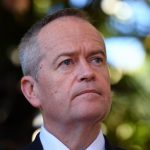The qualities we need in our next Prime Minister
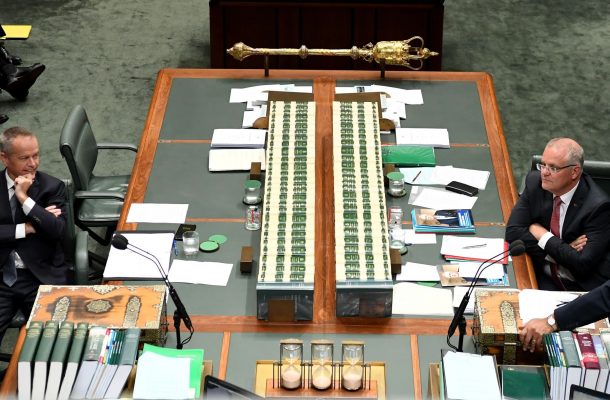
So, how should some of these characteristics be demonstrated in contemporary Australia?
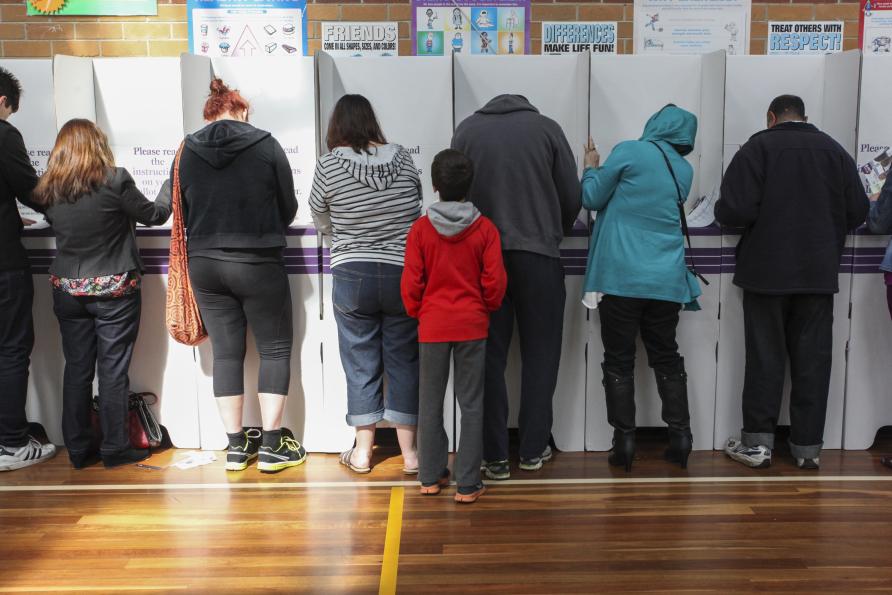
Australians go to the polls in May after experiencing a rapid succession of different Prime Ministers over the last ten years.
Here is one way. A genuine political leader, in our context, must be able to guide people in correctly identifying the main causes of their social and economic circumstances – including the causes of their suffering.
It may sound abstract, but it’s crucial, requires courage and is necessary for vision.
Many people, at times, incorrectly identify the main causes of their social and economic circumstances. And this is particularly relevant to the contemporary Australian context.
The political climate in which we find ourselves isn’t straightforward. Social and economic structures are often interdependent and interact with one another in complex ways. So, it’s not easy to identify the causes of social and economic circumstances.
This is particularly the case when those with political power, or those who influence the politically powerful, actively misdirect people. And there are numerous examples around the world.
Take, for instance, Brexit.
Poor people who live in parts of the UK, such as North of England and the Midlands, where unemployment is high and has remained high for decades, have legitimate frustrations. But the main cause of their suffering, and their social and economic circumstances more generally, isn’t the European Union.
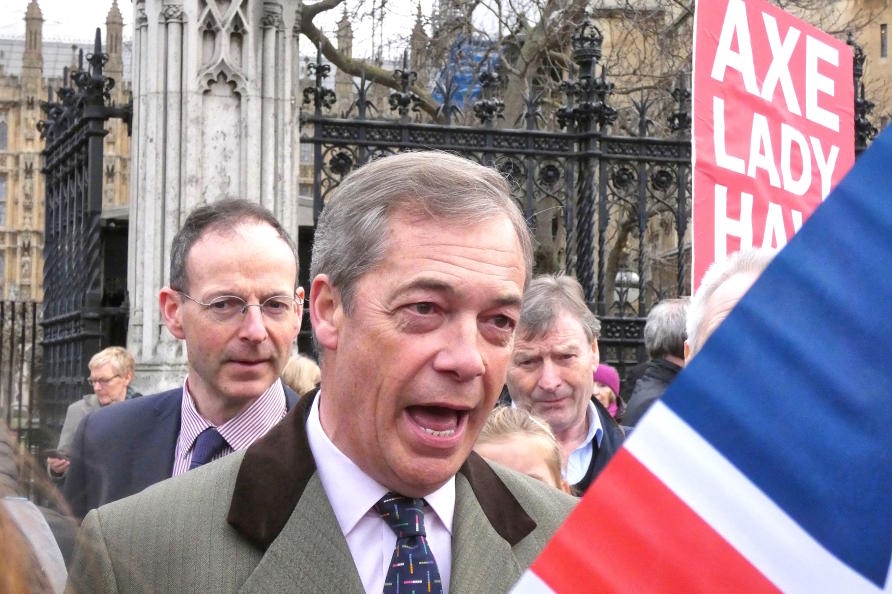
Instead, the main causes are economic and political structures that are largely internal to the UK. Compare, for instance, the billions of pounds that the UK government spent bailing out the banks in 2008 with its relative inactivity, over decades, in alleviating economic hardship in these areas.
But those in favour of Brexit, including senior politicians, were able (and continue) to run campaigns and misdirect this legitimate frustration away from structures that are internal to the UK and towards an external target – the EU.
Both sadly and ironically, the poor are one of the groups that will be hit the hardest by Brexit.
But even when the causes of their circumstances are clear, people and their leaders often simply refuse to call them out. In these cases, people themselves can become complicit.
A lot has been written recently about the leadership demonstrated by New Zealand Prime Minister Jacinda Ardern in response to the terrorist attacks in Christchurch. Among other things, she accurately and quickly identified racism as one of the main causes of the attacks – one that was facilitated by easy access to firearms.
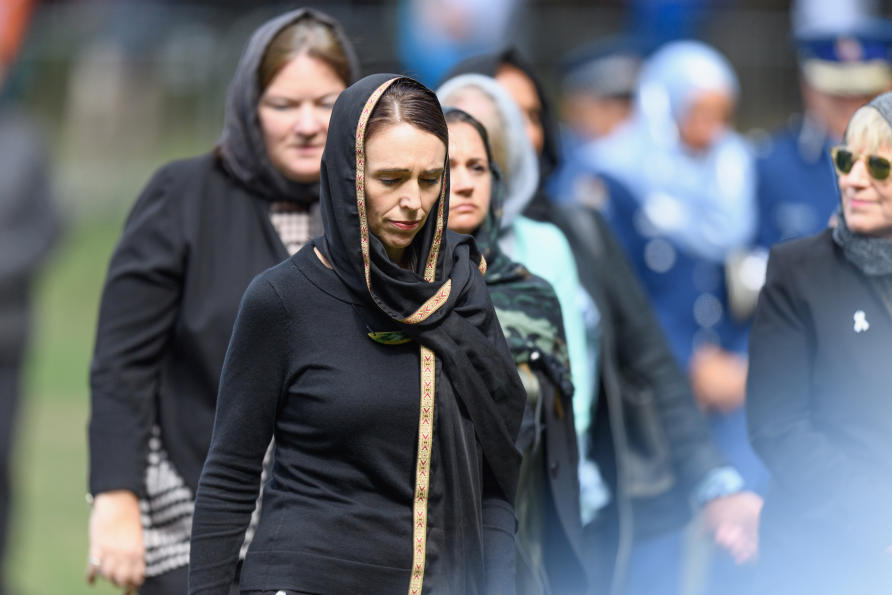
New Zealand’s Prime Minister Jacinda Ardern won widespread praise for the way she responded the recent terrorist attacks in Christchurch.
Some politicians in Australia, and around the world, followed Ms Ardern in identifying racism as the main motivator.
Australian Senators Penny Wong and Jordan Steele-John, for instance, both identified racism as a central cause of the Christchurch attacks in their orations at the University of Melbourne’s 2019 McKinnon Prize in Political Leadership ceremony.
This was surprising not because they were telling us something new – racism in New Zealand and Australia has existed since colonisation, and has long been identified by those who experience it as one of the main causes of their suffering. It was surprising because we are simply not accustomed to senior political leaders correctly identifying the main causes of social and economic circumstances when this may play a role in disrupting the existing status quo, particularly existing power and privilege.
Ms Ardern went onto say that the alleged perpetrator was “not us”; he was neither a New Zealander nor did he represent “who we are”.
A similar statement was made by Senator Wong when she stated that the alleged perpetrator “was an Australian but he does not represent Australian values. He is not who we are”.
But Senator Wong’s remark isn’t entirely accurate. To a significant extent, racism is part of who “we” are and Australian identity is largely drawn along racial and religious lines.
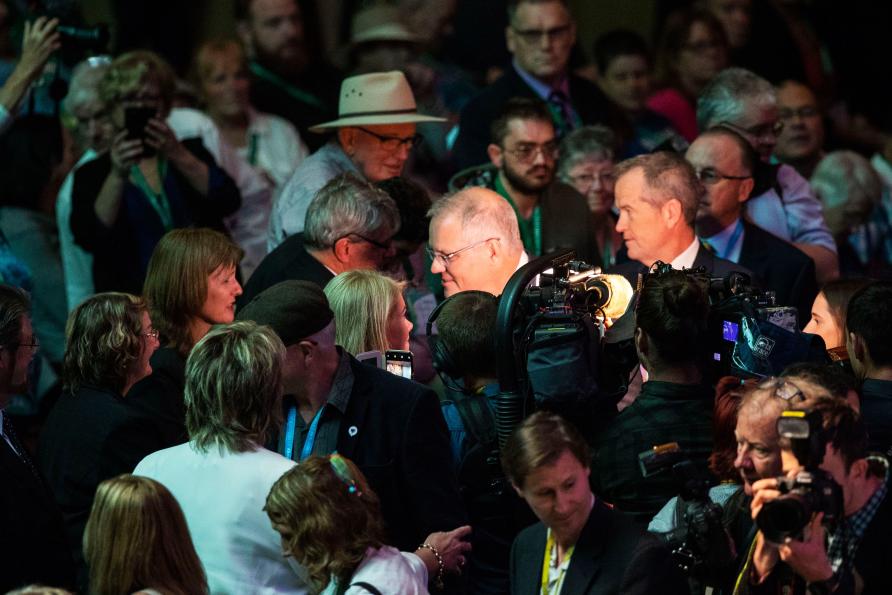
One doesn’t have to look very far to see this. There are countless examples from the political arena alone.
Home Affairs Minister Peter Dutton’s various responses to the Medevac Bill and NSW Labor leader Michael Daley’s statement that “our young children” are “flee[ing]” Sydney and “being replaced…[by]…young people from typically Asia with PhDs” are just two. It should be noted that while Australian Prime Minister Scott Morrison supported Mr Dutton’s statements, leader of the Opposition and the Labor Party Bill Shorten rejected Mr Daley’s words.
These two examples come to mind not because they are the most significant but because they are two that personally resonate with me.
After spending the first six years of my life in war-torn northern Sri Lanka, which included time spent in bunkers and temples to escape shelling and other military attacks, in 1990 I migrated with my family to Australia.
On arrival, my father spent almost twenty years working afternoon and night shifts as a machine operator in various factories. He lost his job at least three times. Although I am now comfortably middle-class, my childhood and early adulthood was working-class.
If I hadn’t had access to public education and other public services, I wouldn’t be where I am now – an academic who is close to submitting her PhD and who recently made the move from outer suburban Melbourne to the inner city.
Mr Dutton’s mis-characterisation of people who flee war-torn countries to seek refuge as, among other things, preventing poor Australians from accessing public hospital beds, pits the circumstances of my migration against my working-class Australian upbringing.

Truth-telling is a key quality of genuine political leadership.
And Mr Daley, in misidentifying my social mobility as the primary block to the social mobility of “our young children” clearly doesn’t include me, and Australians like me, within “us”.
In both of these examples, political leaders have actively misdirected people in relation to the straightforward causes of existing circumstances.
But perhaps Senator Wong wasn’t describing existing circumstances.
By following her accurate identification of racism as a central cause of the Christchurch killings with her statement that the alleged perpetrator of the killings “is not who we are”, Senator Wong is perhaps putting forward a vision, an aspirational statement – things don’t have to be this way; this does not have to be who we are. It is a vision shared by Senator Steele-John.
If this is what Senator Wong is doing, her vision needs to be matched with powerful action – action that draws on the other characteristics of political leadership, particularly strength, responsiveness and judgment. This would help transform our current landscape so that these words are no longer merely aspirational but put us on the path to the words becoming a more accurate description of reality.
More generally, truth-telling in contemporary Australian politics is a necessary condition for achieving a vision for the future; a vision which is then transformed into reality through political action.
This is a key quality of genuine political leadership, including at the very highest levels, in our current context.
This article was published by Pursuit.
Jayani Nadarajalingam is a Lecturer at the Melbourne School of Government in the University of Melbourne. Her research interests include institutional change, social justice and political leadership.








